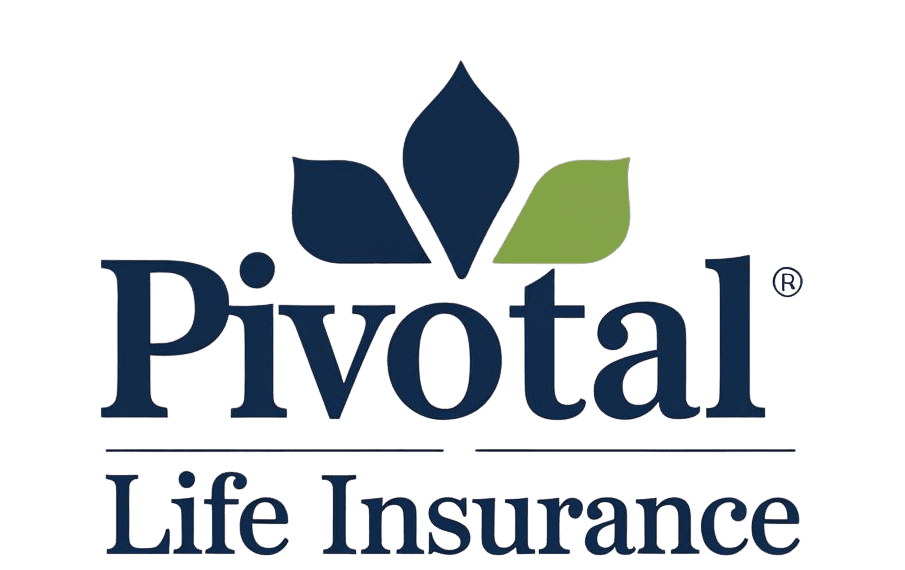Life insurance is more than just financial protection for loved ones. Some policies also build cash value that can grow over time. One of the most talked-about options in this category is Indexed Universal Life Insurance (IUL). But what exactly is it, how does it work, and is it worth considering?
In this guide, we will break down the concept of IUL in clear terms, explore its benefits and risks, and help you decide if it fits into your financial plan.
What Is Indexed Universal Life Insurance?
Indexed Universal Life Insurance (IUL) is a type of permanent life insurance. It offers two key benefits:
- A death benefit, paid to your beneficiaries when you pass away.
- A cash value account, which can earn interest based on the performance of a stock market index such as the S&P 500 or Nasdaq-100.
Unlike variable life insurance, your money is not directly invested in the stock market. Instead, the insurer tracks the index and credits your account with interest according to policy terms. Most IULs include a guaranteed minimum interest rate, which protects your cash value from losses if the market declines. However, they also usually impose a cap on growth, often in the range of 8 to 12 percent.
How Does Indexed Universal Life Insurance Work?
When you pay a premium, part of it goes toward:
- The cost of insurance (to maintain your death benefit).
- Policy fees.
- The remaining balance is added to your cash value.
That cash value can then be allocated between:
- Equity-indexed accounts (tied to a stock market index).
- Fixed-rate accounts (earnings at a set interest rate).
Over time, your cash value may grow. You can borrow against it, use it to pay future premiums, or leave it to accumulate as part of your policy. If loans are not repaid, the balance is deducted from your death benefit.
Key Features of IUL
- Permanent coverage as long as premiums are maintained.
- Flexible premiums, allowing you to increase or decrease payments.
- Adjustable death benefit to fit changing needs.
- Cash value accumulation with potential market-linked growth.
- Guaranteed minimum interest rate (a floor that prevents loss).
- Caps on growth limit how much you can earn from index performance.
- Policy loans and withdrawals are available against your cash value.
Example of Indexed Universal Life Insurance in Action
Imagine you have an IUL policy with $10,000 in cash value. If the S&P 500 rises by 6 percent in a month and your insurer offers a 50 percent participation rate, you would receive $300 in interest (6 percent x 50 percent x $10,000). If the index drops, you earn nothing, but your cash value remains protected by the policy’s floor.
Advantages of Indexed Universal Life Insurance
- Tax-deferred growth: Cash value grows without immediate taxation.
- Flexible contributions: You can pay more or less depending on your financial situation.
- Permanent protection: Beneficiaries receive a death benefit regardless of when you pass away.
- Access to funds: Policy loans or withdrawals are available without age restrictions.
- Estate planning benefits: Proceeds usually bypass probate and are not subject to income taxes.
Disadvantages of Indexed Universal Life Insurance
- Caps on returns: Growth is limited even if the market performs well.
- Complex structure: Policies can be difficult to understand.
- Management fees: Ongoing costs reduce overall value.
- High premiums: Typically more expensive than term life insurance.
- Loan risks: Unpaid loans reduce your death benefit and could create tax consequences if the policy lapses.
Common Questions About IUL
Is Indexed Universal Life Insurance a Good Investment?
IUL is not designed as an investment vehicle. It is primarily life insurance with a cash value component that can grow. While it may provide modest returns, its true purpose is financial protection.
Can You Lose Money in an IUL?
It is unlikely. Most policies include a guaranteed minimum interest rate to protect your principal. However, fees and loan balances can reduce your value if not managed carefully.
Is IUL Better Than a 401(k)?
For most people, no. A 401(k) is a stronger retirement savings tool due to higher contribution limits, fewer fees, and no caps on growth. IUL is more suited for high-income earners looking for additional tax-advantaged options.
IUL vs Whole Life Insurance
- Whole Life Insurance: Fixed premiums, guaranteed cash value, simple structure.
- IUL: Flexible premiums, potential for higher returns, but capped and more complex.
Who Should Consider Indexed Universal Life Insurance?
IUL can be a good fit for:
- High-net-worth individuals seeking tax-efficient wealth transfer strategies.
- Business owners need key person insurance.
- Families want permanent coverage with cash value growth potential.
- Individuals who have maxed out traditional retirement accounts.
If affordability and simplicity matter more, term life or whole life insurance may be a better fit.
Key Takeaways
- Indexed Universal Life Insurance combines lifelong coverage with a cash value component tied to market indexes.
- It offers flexible premiums, adjustable death benefits, and tax-deferred growth.
- Growth is capped, and policies can be expensive and complex.
- IUL is best suited for higher-income individuals with specific estate or tax-planning goals.
- For most people, traditional retirement plans like a 401(k) offer better long-term savings opportunities.
Final Thought
Before purchasing an Indexed Universal Life Insurance policy, ask yourself: Am I looking for life insurance protection first, or investment growth? The answer will guide whether IUL is the right choice for you. Always consult a licensed financial advisor to evaluate how it fits your specific financial situation.

